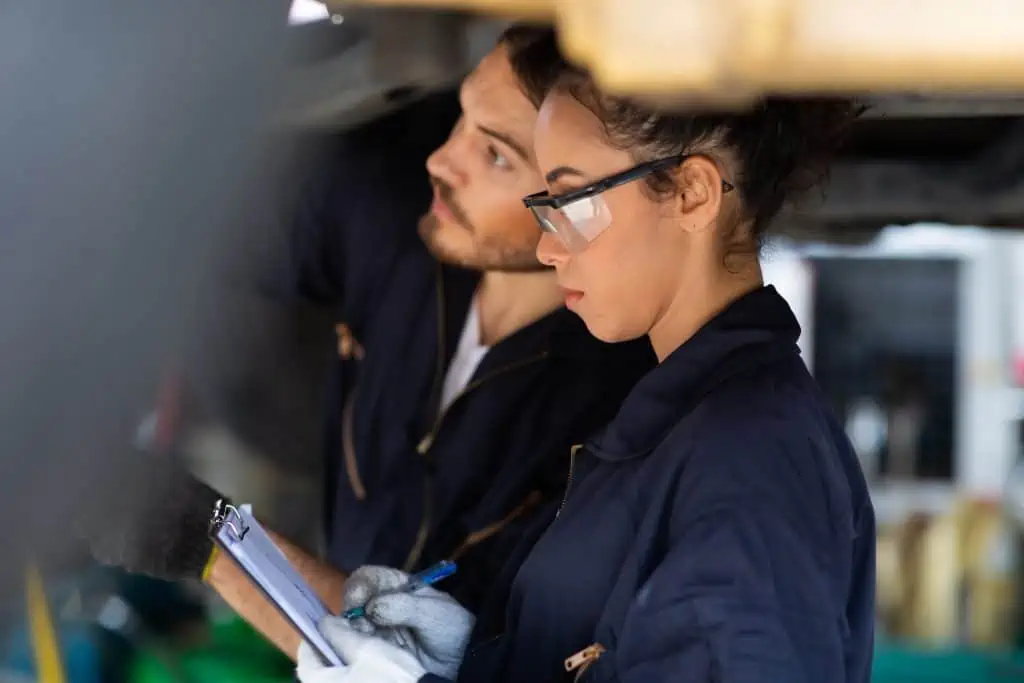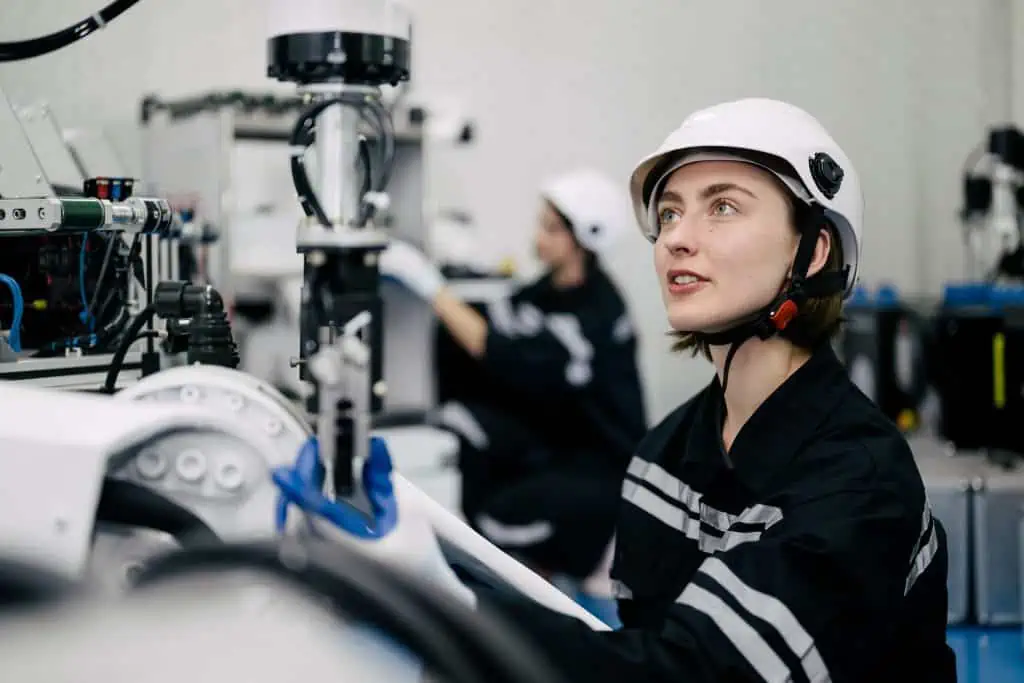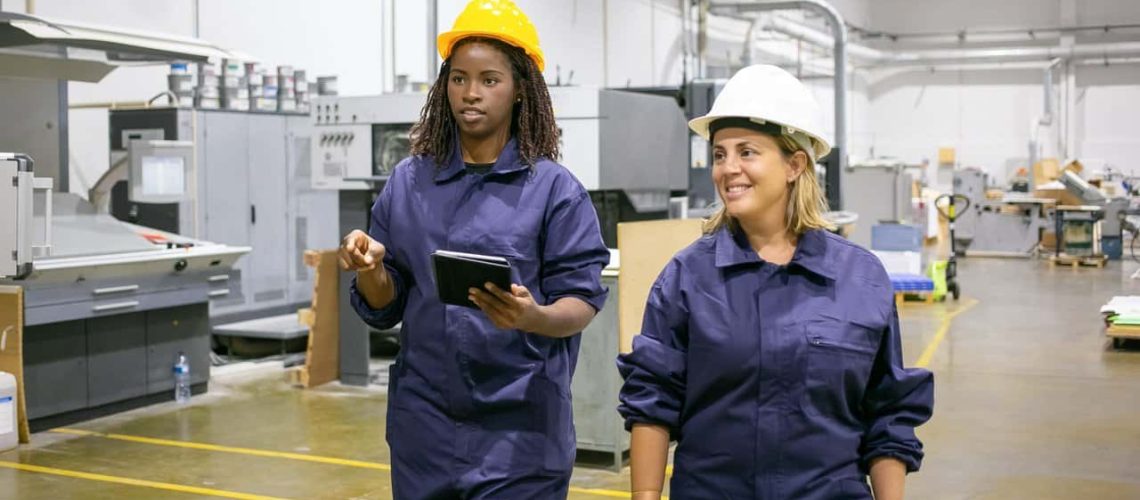The environmental services industry is crucial in protecting our planet and ensuring a healthy future for all. While it’s a field that often tackles diverse ecological challenges, one particular challenge remains: gender disparity. Despite women’s crucial role in this sector, their representation in the workforce remains significantly lower than men’s.
However, a wave of pioneering women is changing the landscape of environmental services, paving the way for a more inclusive and diverse future. These women excel in their respective fields and inspire the next generation of female professionals to join the fight for a sustainable future.

Breaking Barriers: Facing Challenges Head-On
While the environmental services industry offers a fulfilling and impactful career path, women face unique challenges in this often male-dominated field. Some of the most prominent barriers include:
- Unconscious bias: Stereotypes and preconceived notions about women’s capabilities and suitability for specific roles can hinder their career progression.
- Lack of role models: The limited visibility of women in leadership positions within the industry can discourage aspiring female professionals and create a sense of isolation.
- Work-life balance: The demanding nature of environmental services jobs, often requiring long hours and unpredictable schedules, can be particularly challenging for women managing family obligations.
- Hostile work environments: Unfortunately, some workplaces still foster a culture that is not welcoming or inclusive of women, leading to feelings of discomfort and ultimately hindering their engagement and contribution.

Leading by Example: Women Shaping the Future
Despite these challenges, numerous women are breaking down barriers and making their mark in the environmental services industry. They are leading by example, demonstrating expertise, and advocating for change. Here are just a few inspiring examples:
- Dr. Jane Lubchenco: A renowned marine ecologist and oceanographer, Dr. Lubchenco served as the National Oceanic and Atmospheric Administration (NOAA) administrator under President Obama. Her groundbreaking research on marine ecosystems and dedication to environmental policies continue to inspire the next generation.
- Erin Brockovich: This environmental activist and legal advocate gained international recognition for her fight against water contamination in California. Her tenacity and dedication to ecological justice motivate individuals to speak up for clean water and environmental protection.
- Dr. Vandana Shiva: An Indian environmental activist, author, and physicist, Dr. Shiva is a leading voice for protecting biodiversity and sustainable agriculture. She champions the rights of farmers and indigenous communities, advocating for ecological practices and the conservation of natural resources.
These are just a few of the many extraordinary women shaping the future of environmental services. Their stories highlight women’s potential and vital role in protecting our planet.

Building a Diverse and Inclusive Future: Inflection Poynt’s Commitment
At Inflection Poynt, we acknowledge the importance of fostering diversity and inclusion within the environmental services industry. A diverse workforce, where women and other underrepresented groups are equally represented, leads to a richer pool of talent, innovative solutions, and a more robust overall industry.
Inflection Poynt’s Ultimate Guide to Technician Retention recognizes the need to address workforce diversity and inclusion. The guide delves into strategies for creating a welcoming and inclusive work environment that attracts and retains top talent, regardless of gender.
By promoting diversity and building a solid foundation for employee well-being and career development, environmental services companies can create a more attractive and engaging workplace for everyone.
Women have always played a crucial role in safeguarding our environment, and their contributions to the environmental services industry will continue to grow and evolve. By recognizing their challenges, celebrating their achievements, and fostering a more inclusive work environment, we can pave the way for a future where women can genuinely lead the charge in protecting our planet.



